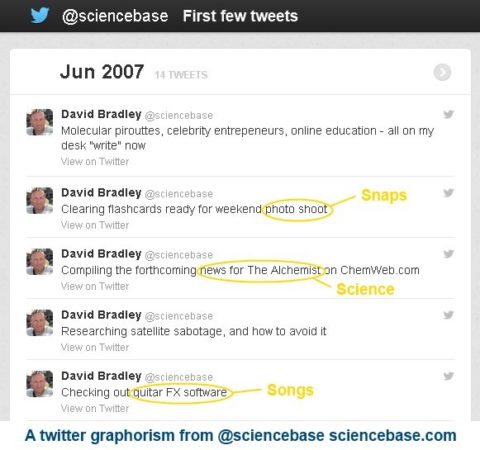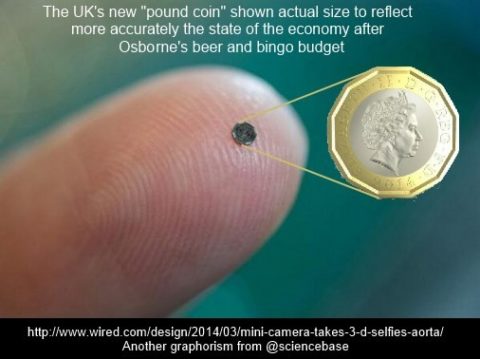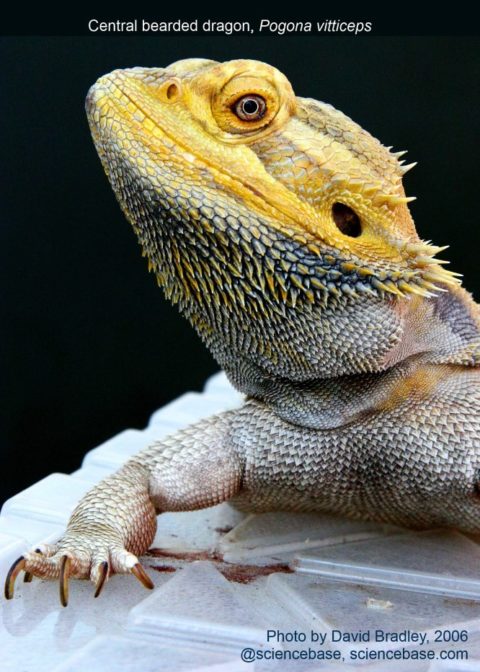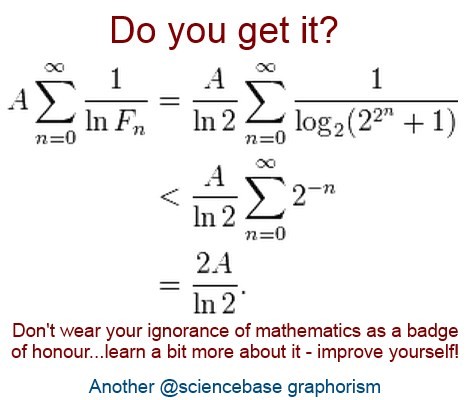First-world Problems…you know the kind of thing…and the biggest most self-referential of them is worrying that that the phrase is itself not politically correct!
There ain’t no problem that’s too small
For us to gripe and moan and bawl
There ain’t a thing we can’t complain
We even groan when it don’t rain
Sunshine’s warm but that’s not all
We have the food, we live the life
But little things they give us strife
The time we have we often waste
We move too fast, less speed more haste
The angst it cuts you like a knife
First world problems – The TV is on the blink
First world problems – There’s washing up in the sink
First world problems – Slow broadband makes me scream!
First world problems – Someone ate the last custard cream, someone at the last custard cream
These are the ills that give us grief
Moanin’ about them brings no relief
These are woes that make us swear
If I wasn’t bald I’d pull some hair
The sun’s too warm and that’s my beef
First world problems – The deli didn’t have no sage
First world problems – My downloads take an age
First world problems – This song is not in tune
First world problems – Have to stay in bed till noon
First world problems – The iPad is way too bright
First world problems – My coffee ain’t quite right, no my skinnyfrappamochachinowithcinnamonmaple syrup ain’t quite right
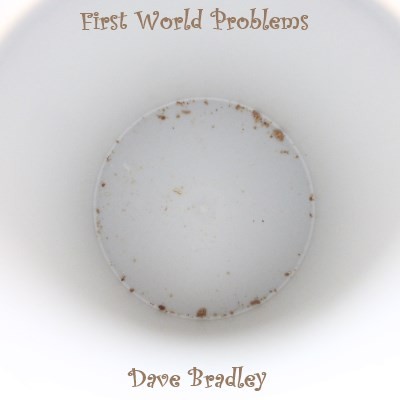
Words and music by David Bradley
Guitar and vocals DB
Mix coming soon…
